In what might be one of Apple's most head-scratching naming decisions in recent memory, the company has quietly announced that Apple TV+—its streaming service—is being rebranded as simply "Apple TV." And yes, that's the same name as the physical set-top box that's been around since 2007.
The announcement came buried in a press release about the streaming debut of "F1: The Movie" on December 12. A single line near the end mentioned that Apple TV+ is now simply Apple TV, with a vibrant new identity, though Apple's website hasn't been updated yet to reflect the change.
The Naming Collision
This creates an interesting branding puzzle. Apple now has:
- Apple TV (the hardware): The streaming device that connects to your television
- Apple TV (the service): The subscription streaming platform formerly known as Apple TV+
- Apple TV app: The software application that serves as a hub for both Apple's streaming content and other services
For a company renowned for its attention to detail and user experience, this seems remarkably... confusing. It's reminiscent of the Xbox naming debacle, where Microsoft's console naming conventions became increasingly difficult to parse (Xbox One X, Xbox Series X, anyone?).
Why Would Apple Do This?
The rationale behind the rebrand remains unclear. Apple's press release simply states the change without providing any explanation. One could speculate that Apple wants to simplify its branding or create a more unified identity around the "Apple TV" ecosystem. Perhaps the company believes that dropping the "+" makes the service feel more established, less like an add-on to the Apple universe and more like a core pillar.
There's also the possibility that Apple wants to position its streaming service more broadly, moving away from the "plus" designation that implies a supplementary offering. Netflix isn't "Netflix+," after all—it's just Netflix.
The Confusion Factor
The real question is whether this will cause practical problems for users. When someone says "I'm watching something on Apple TV," do they mean the app, the service, or the device? When troubleshooting issues, will customer support conversations become more convoluted?
For those already embedded in the Apple ecosystem, the distinction might become intuitive over time. Context will matter: "I subscribe to Apple TV" clearly refers to the service, while "I bought an Apple TV" obviously means the hardware. But for newcomers or casual users, this could add an unnecessary layer of complexity to an already crowded streaming landscape.
The Bigger Picture
This rebrand comes at a time when Apple's streaming service is still fighting for market share against entrenched competitors like Netflix, Disney+, and Amazon Prime Video. The service is available across over 1 billion screens, spanning everything from Apple devices to Samsung smart TVs, gaming consoles, and web browsers.
Whether simplifying the name from "Apple TV+" to "Apple TV" will help or hinder that fight remains to be seen. Apple has invested heavily in original content, with critically acclaimed shows and films building a respectable library. The company's strategy has been quality over quantity, and the name change might signal confidence that the service can stand on its own without the modifier.
What Happens Next
As of now, Apple's website hasn't been updated with the new branding or the "vibrant new identity" mentioned in the press release. We'll likely see a refreshed visual design, possibly new marketing materials, and updated app interfaces in the coming weeks.
For users, not much will change functionally. The service will work the same way, the content will be the same, and the $12.99 monthly subscription price remains unchanged. But every time you need to specify which "Apple TV" you're talking about, you might find yourself adding an extra clarifying word or two.
In an industry where brand clarity is increasingly valuable, Apple's decision to consolidate three distinct products and services under the same name is a bold—if puzzling—move. Only time will tell whether this simplification actually simplifies anything at all.
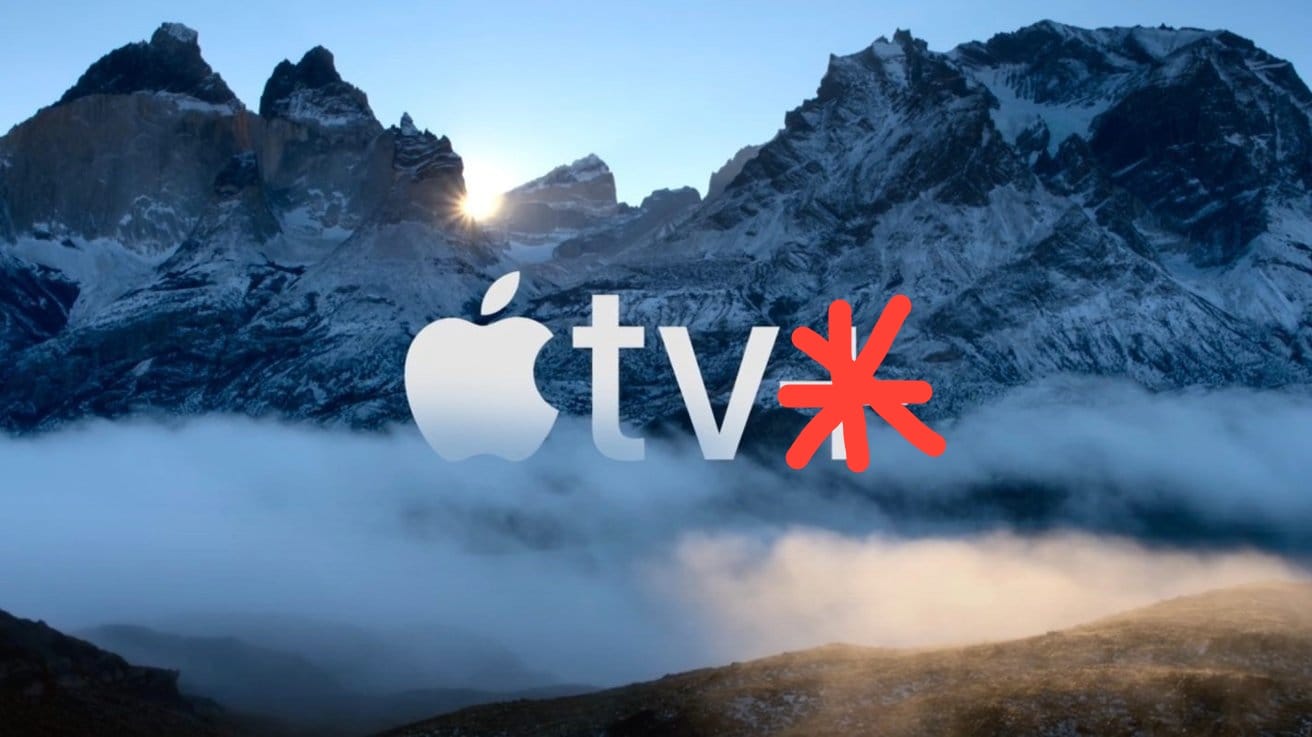

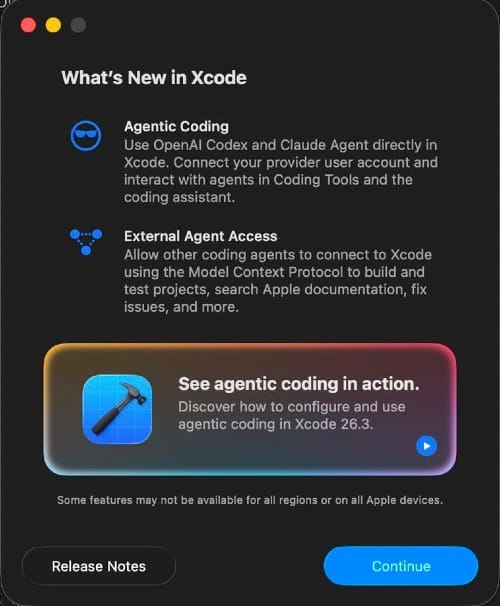
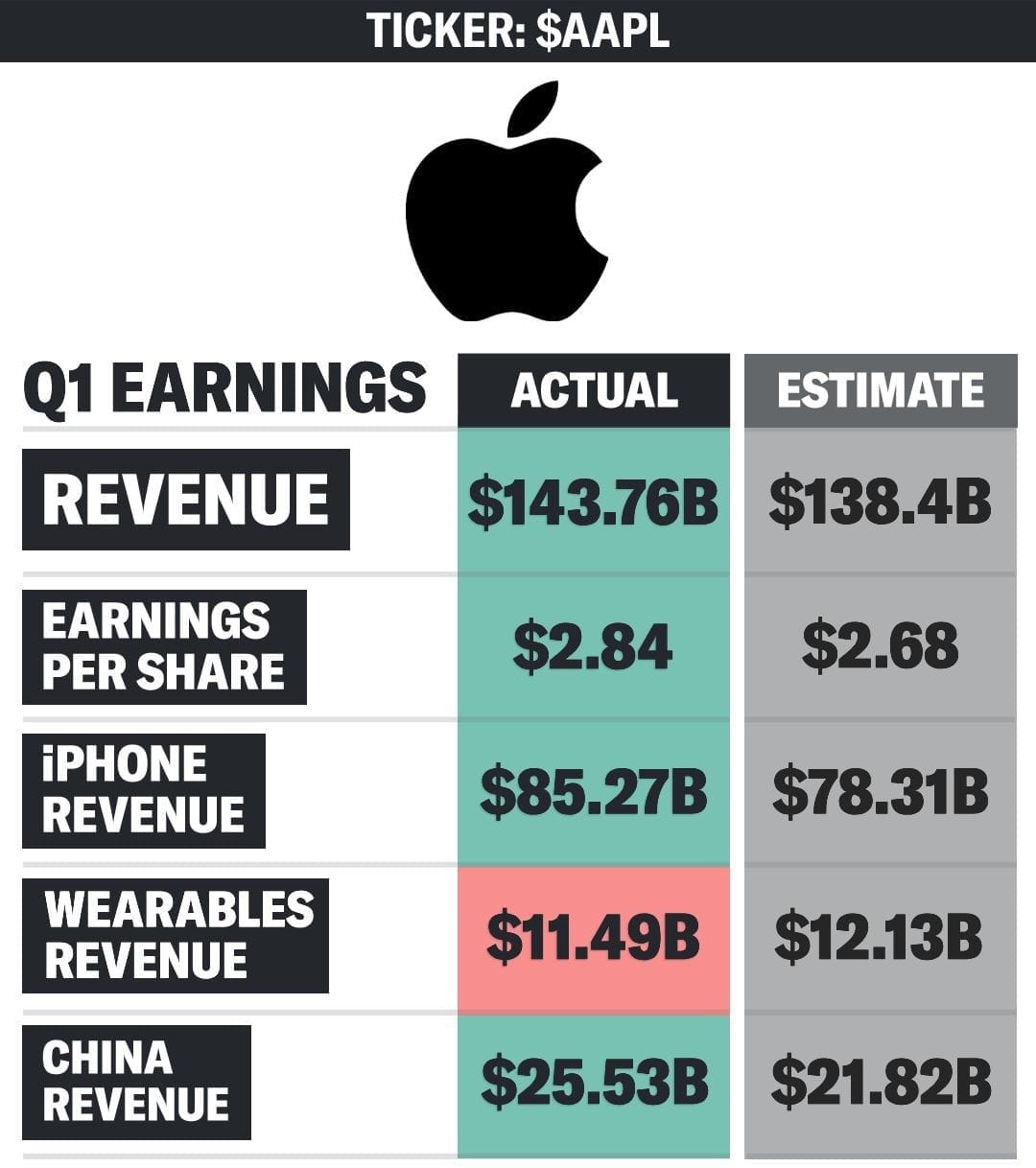
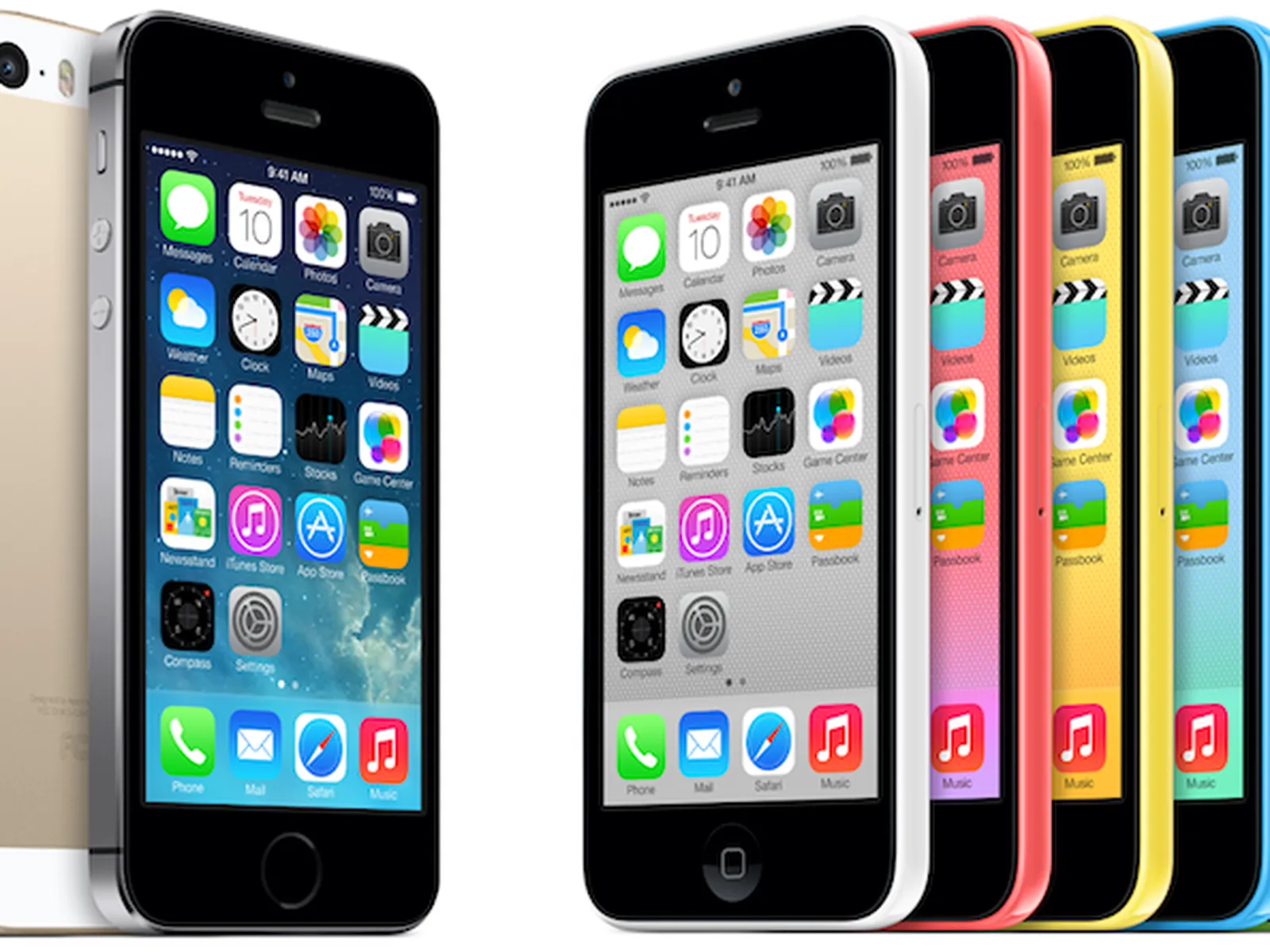
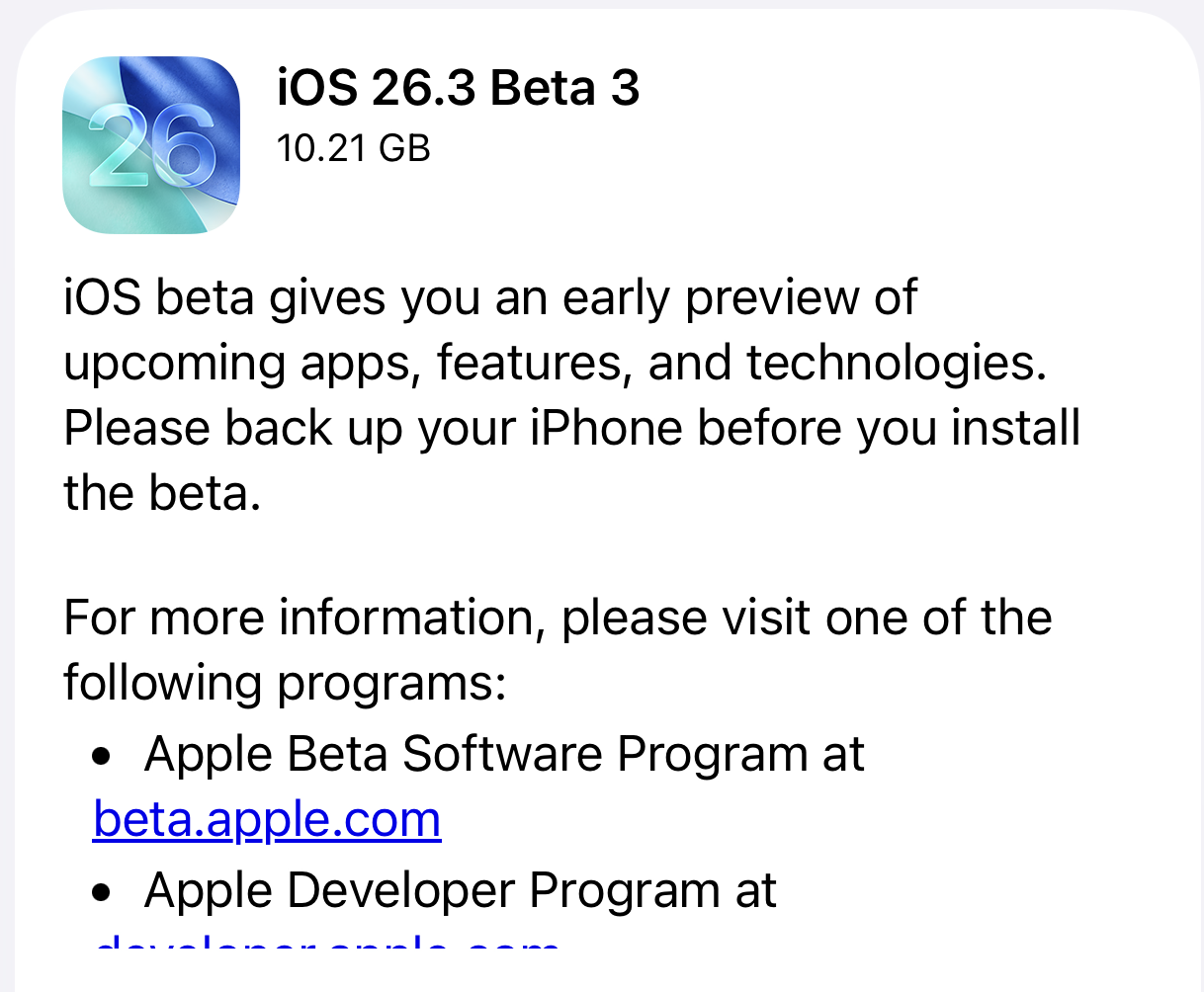
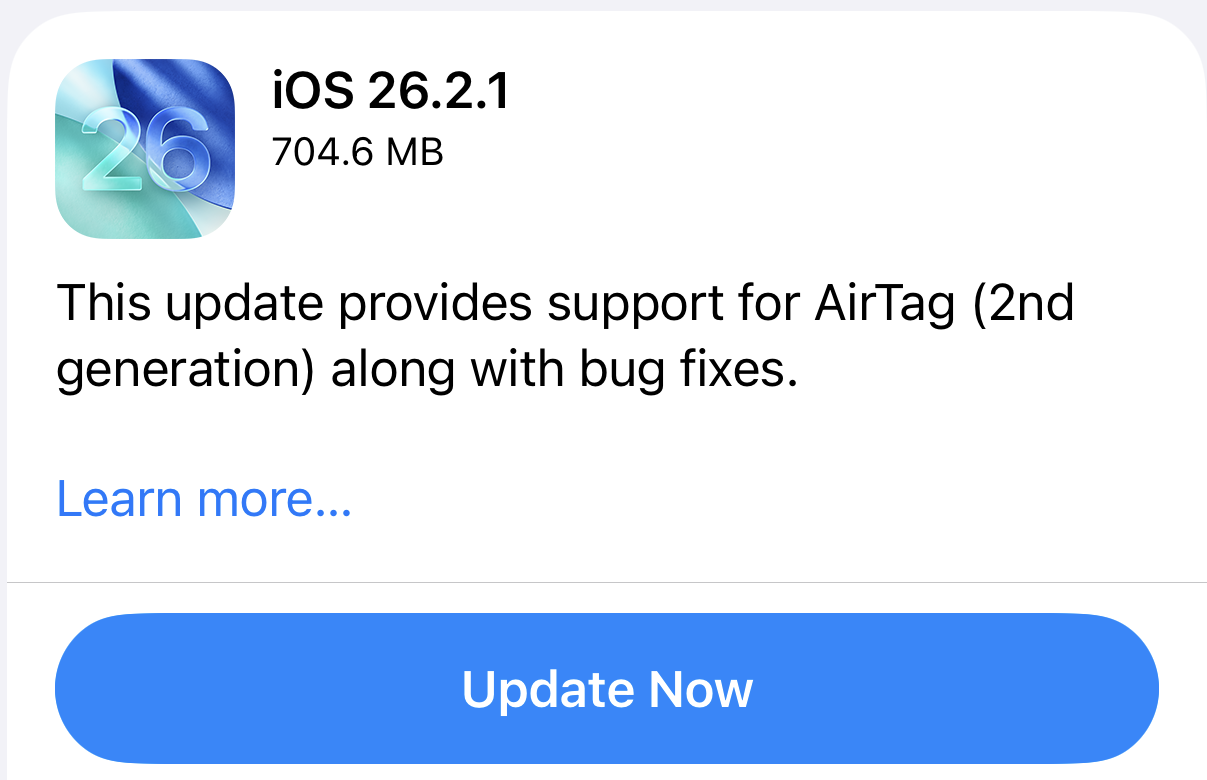
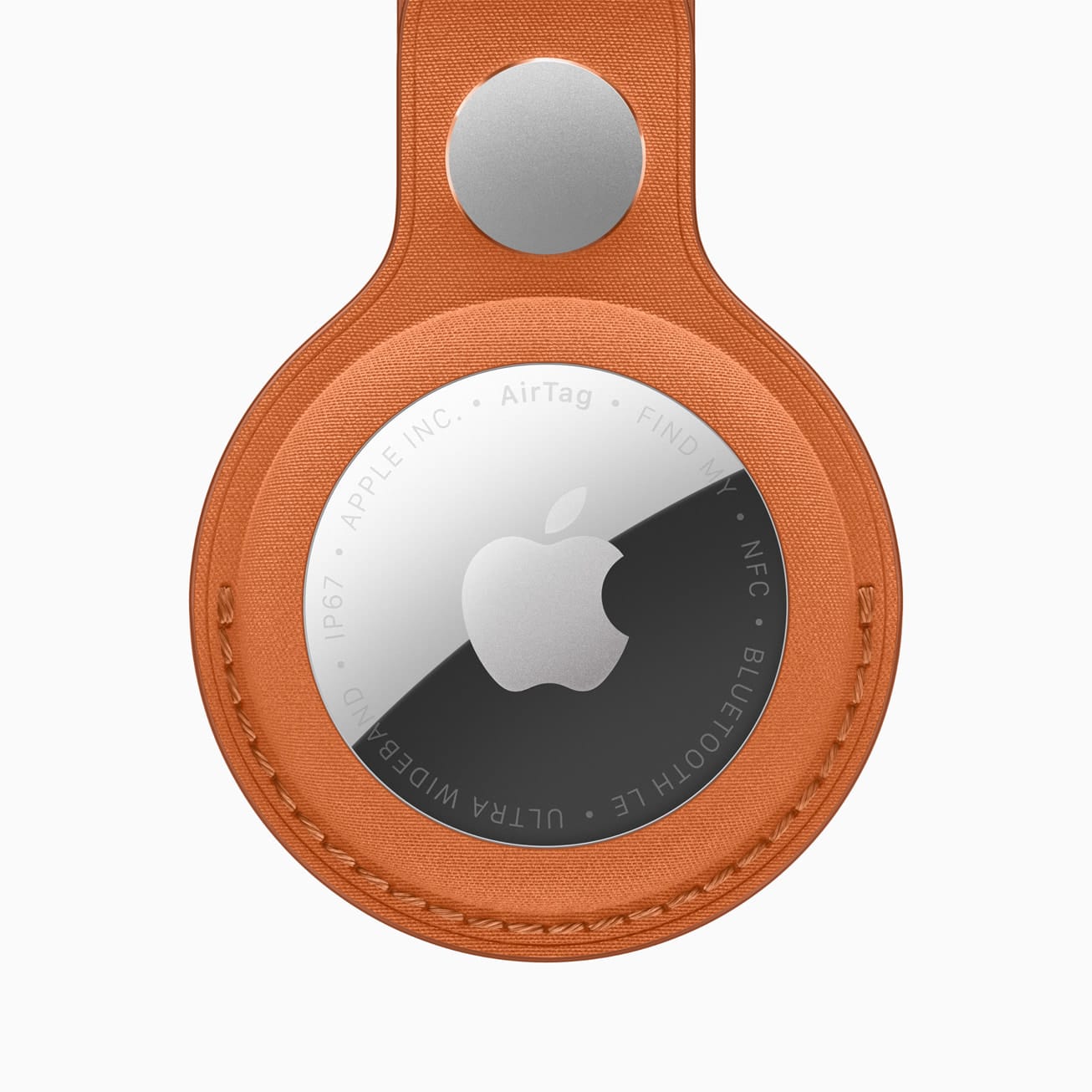

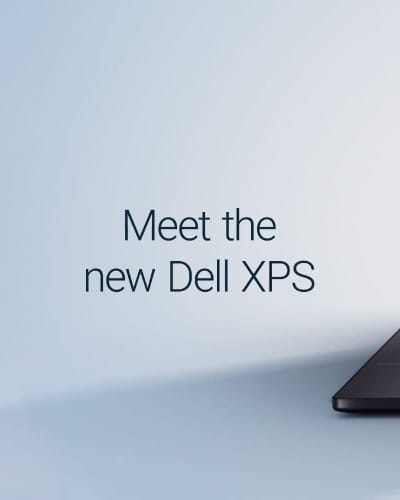
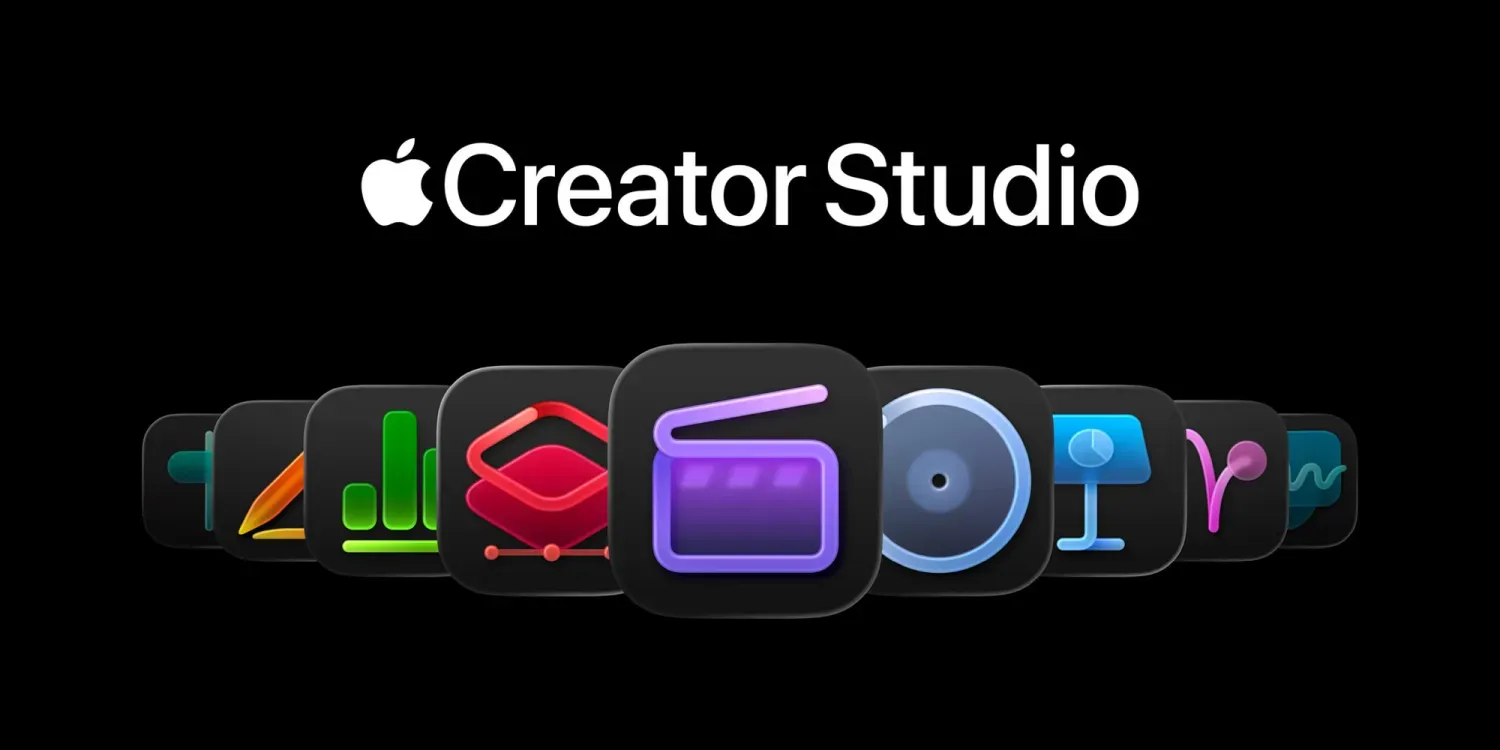
Discussion